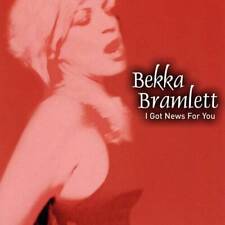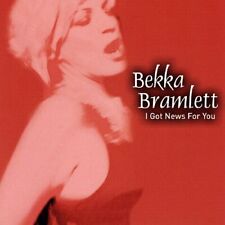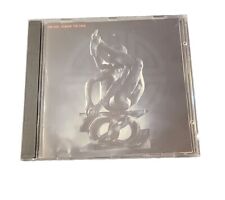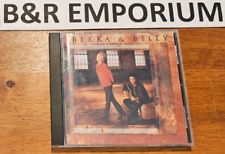|
People Magazine Review Life and Adventures FLEETWOOD: MY LIFE AND ADVENTURES IN FLEETWOOD MAC
by Mick Fleetwood with Stephen Davis
If ever a rock band called out to have a book written about it, it's Fleetwood Mac. During 23 years the group's lineup has changed like a traffic light, with departures and returns inspired by drugs, drinking, religious cults, emotional instability and curdled romances. They have gone from early acclaim to relative obscurity to phenomenal success to, in Mick Fleetwood's case, personal bankruptcy. This insider's account, written by the band's charter member, drummer and partial namesake, is quite enjoyable, if frustratingly timid at times. It begins promisingly with Fleetwood's colorful tales of growing up as a spindly RAF brat (today he stands 6 ft.6 in.). He's certainly authoritative when it comes to the band members' various couplings: Bass player John McVie married Christine Perfect, a singer for a Birmingham group, Chicken Shack. She took his name and later joined the band. Fleetwood married Jenny Boyd. In addition to inspiring Donovan's "Jennifer Juniper," she is also the sister of Patti Boyd, who married George Harrison and, later, Eric Clapton. Fleetwood also discusses his own dalliance with singer Stevie Nicks and the stormy two-year affair between Christine McVie and self-destructive Beach Boy Dennis Wilson. Most interesting, though, is the long, fantasy infatuation that Fleetwood carried on by phone and letter with an American fan who set up an elaborate hoax as to her appearance and identity. The author also tracks the band's frequent personnel changes. Founding guitarist Peter Green, for instance, was an LSD user who resigned just after making the heretical proposal that the band should donate all its earnings to charity. He left the life of a rock star to become a grave digger. The other original guitarist, Jeremy Spencer, went out for a walk before a gig in Los Angeles and never came back. He was recruited on the sidewalk by a religious cult. Of Mac's often vulgar '60s live shows, Fleetwood writes: "That was our early act. I'm not sure I'd want my daughters to see it today." Apparently there's a good deal from which Fleetwood would like to shield his children. Although the band's extreme party exploits have their own expansive wing in rock lore, he gets rather coy when it comes to alluding to cocaine and alcohol use. For instance, he refers to one of his own binges as "a three-day Transcension." At least he's frank about the crazy period in 1976 when the band was recording its biggest album, Rumours. "We were certainly doing our fair share of the old powder. There was one coke dealer who kept us supplied with high-grade Peruvian flake, and we were so grateful to him that I considered (in my state of dementia) giving him some kind of credit on the album jacket. Unfortunately he got snuffed -- executed! -- before the thing came out." Fleetwood is a model of neither candor nor prose style. But in its lively fashion, his book makes manifestly clear that, to paraphrase Satchel Paige, the rock and roll ramble sure ain't restful. (Morrow, $17.95) -- David Hiltbrand
|









